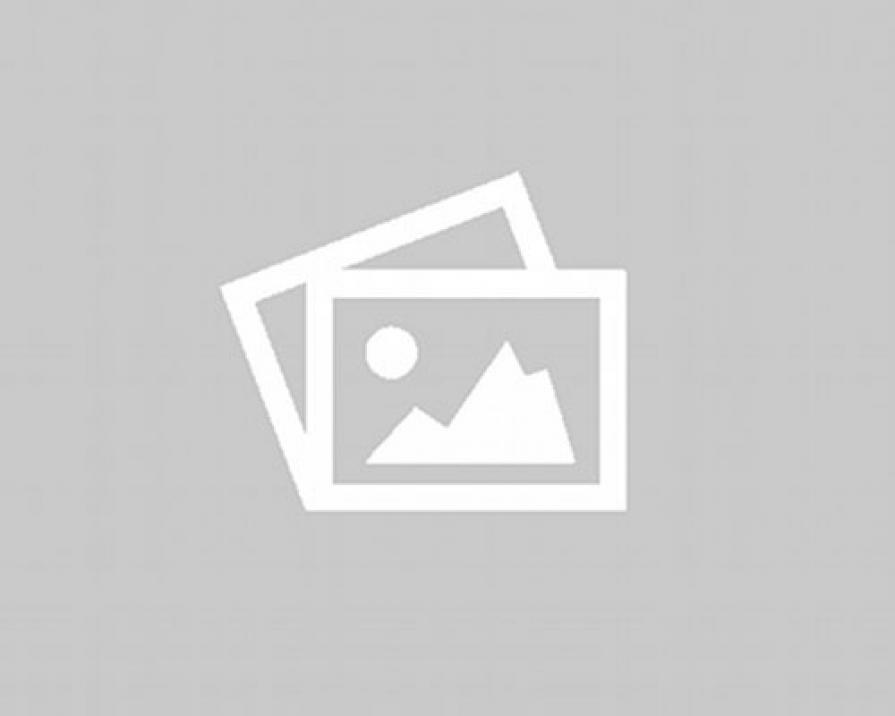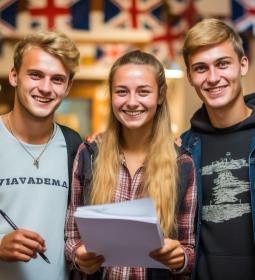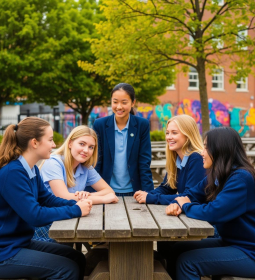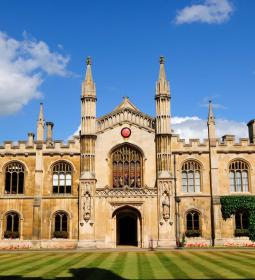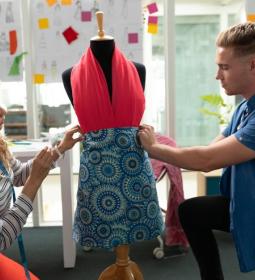The Swiss education system is often considered as a model of excellence. In 2015, 86% of the country's residents of suitable age received secondary education. This percentage is significantly higher than the OECD (Organization for Economic Cooperation and Development) global average of 74%. 34% of Swiss people have a university degree, compared with 26% in the OECD.
The educational system in Switzerland is highly decentralized, with responsibility for education divided between the federal government, cantons and municipalities, making it possible to adapt educational programs to the needs and preferences of local residents.
Swiss institutions also attract many international students. In 2017, more than 340,000 foreign students studied at the Swiss universities, making up almost 20% of the total number of students.
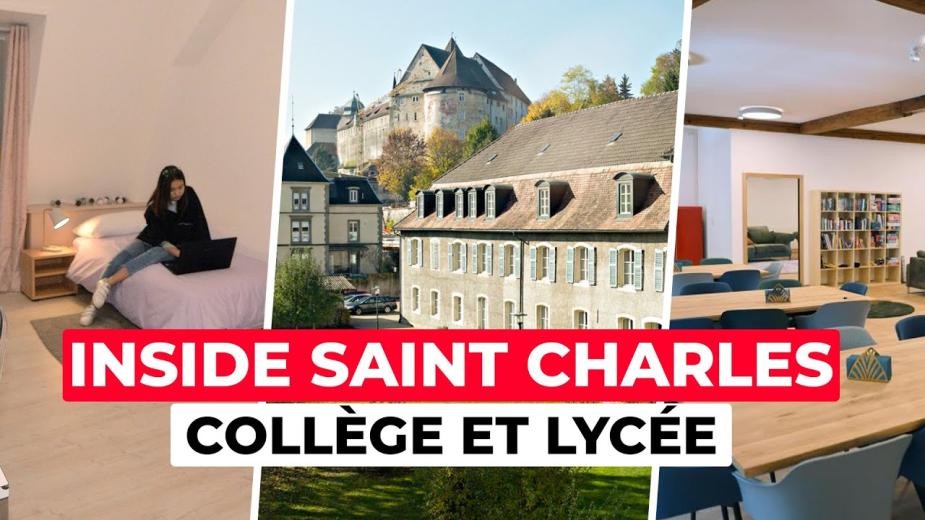
Structure of the Swiss education system

The Swiss education system is considered progressive, stipulating a three-level system, which consists of primary, secondary and higher education, duration of studying is 12 years. Compulsory education lasts 11 years, covering the age from 4 to 15-16 years.
- Primary school consists of two years of kindergarten and eight years of primary education. Children usually start attending primary school at the age of 6.
- Studying at lower secondary school usually lasts three years. Here, studying is organized according to the academic performance levels. Students study subjects such as science, social studies, music, art, and physical education.
- The upper secondary level may include general or vocational education. Students can apply for an apprenticeship program when they attend school 1-2 days a week and gain experience in the company on the other days.
- When compulsory education is obtained, students can enroll in universities, institutes of applied sciences, universities of teacher education, or federal institutes of technology (ETH), of which there are two in the country – ETH Zurich and Ecole polytechnique fédérale de Lausanne.
Secondary education in Switzerland: the specifics of the educational process
To select a high school in Switzerland is a difficult process, as the foreign students are provided with diverse options. For example, secondary education is divided into lower (Sekundarschule) and higher (Gymnasium) schools, the lower stage lasts from 11 to 15 years, and the higher level from 16 to 18 years. In addition, students can choose public, private, or international schools. In Switzerland, junior secondary school is compulsory, while upper secondary school and vocational schools are optional.
While the abundance of options may be surprising, parents can rest assured that whichever school they choose, Switzerland will be able to provide one of the best education systems in the world.
Secondary education in public schools in Switzerland

In Switzerland, all public secondary schools are free for locals, and students are not required to pay tuition fees. The State Secretariat for Education, Research and Innovation (SERI) has primary control over the education system, but each of the 26 cantons is responsible for developing its own curricula, requirements and enrolment processes, meaning that each canton has its own educational departments, school calendars, studying structures, teaching methods and programs.
As in public elementary schools, the school year in secondary schools lasts from September to June or July, with five vacation breaks and several public holidays during the year.
Junior Secondary School
Students begin attending junior secondary school at about 11 years old, this compulsory stage of studying lasts 3-4 years. These schools teach a general program, but students can also choose more specialized institutions, such as Gymnasium or Lan Gymnasium, which allow them to focus on specific subjects such as math or biology. Under the general program, teaching focuses on languages (most students study at least two), also students study mathematics, science, geography, history, music, art, physical education and home economics. Students are required to take tests at the end of each academic year, aimed at the assessment of their possibility to continue education in the next grade.
Upper secondary school (gymnasium)
After graduating from Junior High School, children can choose whether and how to continue their education in Upper Secondary School. The schools of this level are classified in several types, so students are required to select one based on their preferred field of study. However, to enter, the foreign students are required to get satisfactory grades and, in some cases, pass exams.
Many students choose a certain type of gymnasium, which has its own specialization. For example, there are schools of mathematics and natural sciences (Mathematisches und Naturwissenschaftliches Gymnasium), language schools (Neusprachliches Gymnasium or Altsprachliches Gymnasium), schools of business and economics (Wirtschaftsgymnasien) and schools of the arts (Musisches Gymnasium).
Usually, students spend 4.5 or 6.5 years studying in these schools. Notably, these six and a half years include vocational preparation. To graduate, everyone must pass a final exam called the Swiss Matura.
Secondary education in private schools in Switzerland
Private schools in Switzerland are called Privateschule or écoles privées, depending on the canton. However, they are not as popular as public schools, mainly for foreign children – in fact, only 5% of Swiss children attend private schools.
The private schools in Switzerland are classified in several types, offering diverse educational programs and studying options. Tuition fee can be very high: for example, the country is home to the most expensive private boarding school in the world, Le Rosey.
Private schools are featured by having smaller classes and better facilities compared to public schools, attracting foreign students for studying. Private schools in Switzerland may offer an alternative approach to education and follow religious philosophy, Montessori methods, or the Steiner-Waldorf method.
Montessori Schools
As in many other countries, private Montessori schools are popular in Switzerland, especially at the primary level, however, only a few schools, such as Ecole Montessori Vevey and Montessori-Schule Luzern, include lower secondary education (Sekundarschule). Such institutions offer individualized, creative education, allowing students to develop a sense of independence and curiosity about the world.
Steiner-Walldorf Schools
Steiner-Walldorf schools in Switzerland offer a unique approach to education that differs from the Montessori methodology. In these schools, the emphasis is on the all-round development of students, combining intellectual and artistic activities with traditional subjects: mathematics, science, history and languages. Students are given the opportunity to develop critical thinking through questions, discussions, and analysis.
International Schools in Switzerland

Many foreign students prefer international schools in Switzerland because they offer educational programs similar to those in their home countries. Such schools provide internationally recognised qualifications: for example, International School – Zurich North offers IGCSE and A-Levels, like many British schools, French schools give the French Baccalaureate certificate, and American schools offer the SAT and the American High School Diploma. Of course, and the International Baccalaureate (IB), which was directly developed in Switzerland, is available in a number of schools.
Depending on the school, lessons can be conducted in English, German, French or other languages. Many international schools offer bilingual or even trilingual programs: for example, the Japanese school in Zurich teaches in Japanese, German, and English. This makes international schools a great option if a student is intrested in improving language skills. In bilingual schools, studying is conducted in two languages equally, for example, German + English or French + Italian.
The size of international schools varies, from small institutions with a few hundred students to large schools with more than 4,000 students spread across multiple buildings. Some schools accept children from kindergarten to university and can be both day schools and boarding schools, offering full-day tuition and lunches.
How can foreigners get a secondary education in Switzerland?
Admission requirements usually include good academic performance, fluency in French or German (depending on the language of instruction at the school), extracurricular achievements (not only academic), and exciting letters of recommendation. The application process often includes entrance exams, interviews, and the submission of additional documents.
Visas for secondary education in Switzerland
There are two types of visas that can be applied for in Switzerland.
- Visa C: A short-stay visa that allows you to stay in Switzerland for a short period of time. It can be used for summer schools, seminars or language schools that last up to three months (90 days).
- D Visa: A long-term visa for people wishing to study or work in Switzerland.
Cost of secondary education in Switzerland for foreigners

Having a status of private educational institution, such schools do not accept government support, which leads to charging significant tuition fees from students. For example, the cost of studying at Zurich International School (ZIS) may account for CHF 36,000 per year. In addition to it, tuition fees can range significantly, which is stipulated by the student's choice of a day school or a boarding school: studying at day school can cost from CHF 9,000 to CHF 30,000 per year, while boarding schools can charge between CHF 70,000 and CHF 90,000 per year.
In addition to tuition fees, fees can include an application fee (around 1,000 CHF), meals, excursions, books and materials, activities – again, the costs of all of these vary greatly depending on the school.
What will secondary education in Switzerland give?

The educational system of Switzerland is distinguished by several advantages:
- No matter local or foreigner, all students are provided with the equal opportunities for pursuing education. Their background or socioeconomic status are not taking into account. The studying program is designed in such a way as to provide each student to succeed in their studies. In addition to it, there are no limits to what they can achieve.
- Hands-on learning and practical experience: Students have ample opportunities to apply theoretical knowledge in real-life situations, preparing them well for their future work.
- Studying stimulates the development of critical thinking skills and independent learning: Instead of being forced to just memorize facts and figures, students are motivated to question ideas and think non-standard.
The Swiss education system in secondary schools stipulates a comprehensive and inclusive approach, which complies with the diverse needs and goals of students. The educational process stipulates a holistic development, integration support for international students, also offering a wide range of extracurricular activities. Swiss high schools provide a solid foundation and a harmonious environment for each student to bring up.

